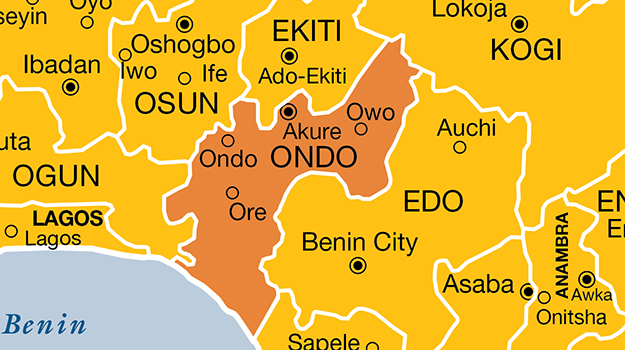The Central Bank of Nigeria (CBN) has given access to about 7,792 requests for foreign exchange valued at over $867 million to manufacturers and other strategic actors in the Nigerian economy, to ease forex scarcity.
Forex scarcity in the system had pushed the naira to 473 per dollar, as the Department of State Service (DSS) continue to clamp down on forex dealers across the country.
But in a statement by Isaac Okorafor, acting director, corporate communications department, on Thursday in Abuja, CBN stated that the access was in continuation of its resolve to ease foreign exchange pressure on manufacturers.
The access, Okoroafor noted, was given through inter-bank window to enable manufacturers and strategic actors to source for vital raw materials and spare parts for their respective industries.
Advertisement
He added that the figure was derived from a summary of the Forex Utilisation for the month of October.
The summary indicated that the raw materials sector received the highest allotment, getting access to foreign exchange valued at 355.7 million dollars representing 40.99 per cent of the total value.
He noted that “statistics from the CBN in Abuja showed that manufacturing and petroleum industries got access to 91.2 million dollars and 150.8 million dollars respectively.
Advertisement
“Companies and other interests in the agriculture sector got access to 13.7 million dollars for the period, while entities in the aviation sector received 10.3 million dollars.’’
The director stated that finished goods and others got allotments of 43.8 million dollars and 10.7 million dollars respectively.
Invisibles, comprising of school fees, students’ upkeep and medicals, among others, received 191.3 million dollars, representing 22.05 per cent of the figure, he stated.
Okorafor pointed out that the release of the figures underscored the transparency of the apex bank in foreign exchange management.
Advertisement
He added that the CBN remained committed to its pledge to ease foreign exchange pressure on manufacturing and agriculture sectors through forward sales under the new flexible foreign exchange regime.
He recalled that in September, manufacturing industries in Nigeria were given access to foreign exchange valued at over 660 million dollars in the inter-bank market.
Add a comment






